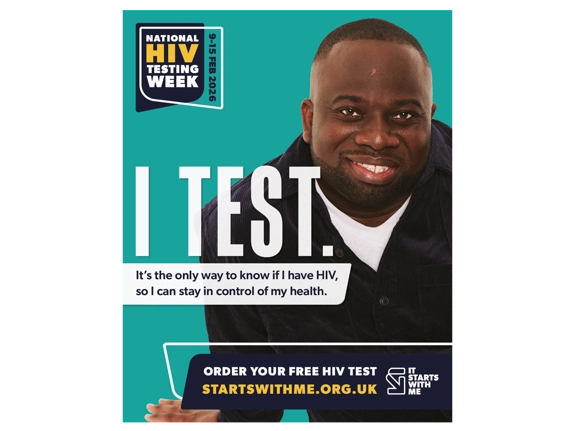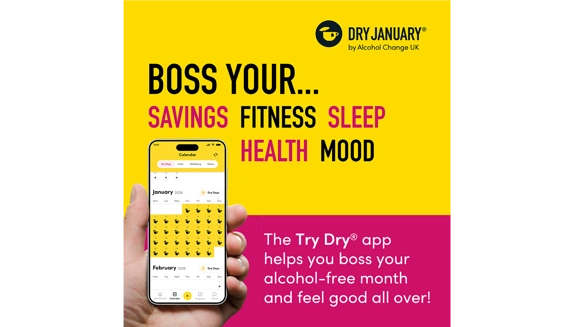News

HIV Testing Week: Get tested your way
- Our services
- Awareness
- +1 more
Testing for HIV is quick, easy, confidential and free for everyone in the UK. People can live with HIV for a long time without any symptoms, and testing is the only way to know your HIV status.
HIV Testing Week: Get tested your way: Read more
Berkshire Healthcare’s Cecily Mwaniki awarded Honorary Doctorate
- Celebrations
In recognition of more than 25 years of work improving access to health services, strengthening community partnerships, and addressing health inequalities across Berkshire.
Berkshire Healthcare’s Cecily Mwaniki awarded Honorary Doctorate: Read more
CAMHS Young People’s Group
- Our community
At CAMHS, we believe young people are the experts in their own experiences. That’s why we’re launching the CAMHS Young People’s Group - a space where your voice really matters.
CAMHS Young People’s Group: Read more
Join our Members’ Health Talk webinar on heart health
- Heart Function Service (East Berkshire)
- Heart Function Service (Berkshire West)
We’re delighted to continue our Membership Health Talk series with our second webinar from our Heart Function Service.
Join our Members’ Health Talk webinar on heart health: Read more
Spreading Christmas cheer across Berkshire!
- Celebrations
- Our community
A big thank you to everyone who made the Berkshire Healthcare Charity's 2025 Christmas gift drive a success.
Spreading Christmas cheer across Berkshire!: Read more
Public Board Meeting - 13 January 2026
- Important notices
Our first Public Board Meeting of 2026 will take place on Tuesday 13 January
Public Board Meeting - 13 January 2026: Read more
Dry January: Tips to cut down on alcohol and boost your health
A new year is the perfect time for a fresh start, and for many people, that means taking part in Dry January. You don’t need to start from the 1st, you can do it at any time – the important thing is to start.
Dry January: Tips to cut down on alcohol and boost your health: Read more
Make this year different. Quit smoking and beat the cravings
- Important notices
- Patients
The start of a new year is the perfect time to make a change that truly matters. If you smoke, quitting is one of the best decisions you can make for your health, your wallet, and your family. You don’t have to do it alone.
Make this year different. Quit smoking and beat the cravings: Read more
